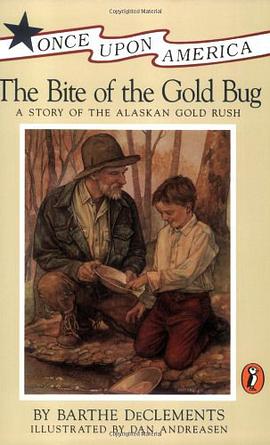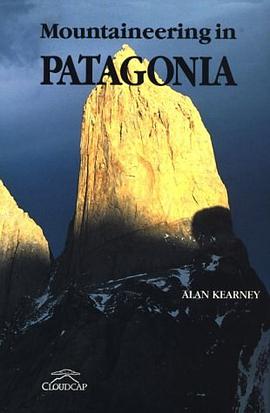

在线阅读本书
In December 1929, in a cave near Peking, a group of anthropologists and archaeologists that included a young French Jesuit priest named Pierre Teilhard de Chardin uncovered a pre-human skull. The find quickly became known around the world as Peking Man and was acclaimed as the missing link between erect hunting apes and our Cro-Magnon ancestors. It also became a provocative piece of evidence in the roiling debate over creationism versus evolution. For Teilhard, both a scientist and man of God, the discovery also exposed a deeply personal conflict between the new science and his faith. He was commanded by his superiors to deny all scientific evidence that went against biblical teachings, and his writing and lectures were censored by the Vatican. But his curiosity and desire to find connections between scientific and spiritual truth kept him investigating man's origins. His inner struggle, and, in turn, his public rebuke by the Catholic Church personified one of the central debates of our time: How to reconcile an individual's commitment to science and his commitment to his faith. In The Jesuit and the Skull , bestselling author Amir D. Aczel vividly recounts the discovery of Peking Man and its repercussions, and how Teilhard de Chardin's scientific work helped to open the eyes of the world to new theories of humanity's origins that alarmed the traditionalists within the Church. A deft mix of narrative history and a poignant personal story, The Jesuit and the Skull brings fresh insight to a debate that still rages today.
具体描述
读后感
评分
评分
评分
评分
用户评价
相关图书
本站所有内容均为互联网搜索引擎提供的公开搜索信息,本站不存储任何数据与内容,任何内容与数据均与本站无关,如有需要请联系相关搜索引擎包括但不限于百度,google,bing,sogou 等
© 2025 book.wenda123.org All Rights Reserved. 图书目录大全 版权所有




















